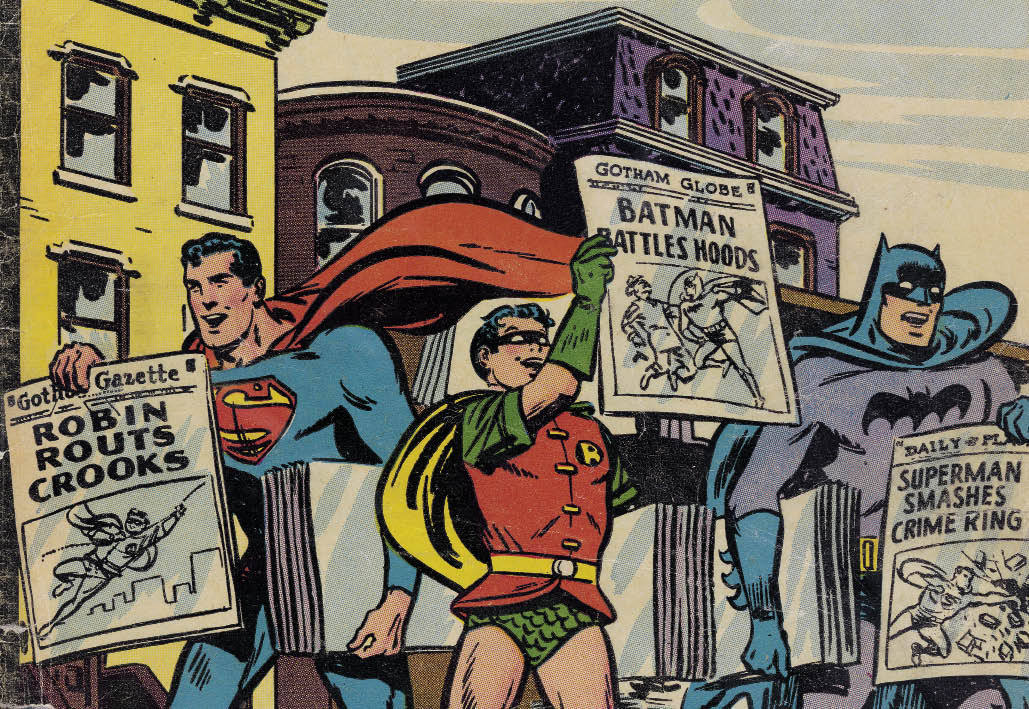Did you know they once burned comic books? And in America, no less. In schoolyards. It was shortly after the end of the second world war, and legislators and parents were all shook up about what these ten-cent publications with their scenes of violence and distress were doing to the minds of their children. So on the concrete they went, in messy piles. A sprinkling of fuel, a lit match, and the fire soon caught hold. Some of the kids even cheered the flames on.
Did you know they once burned comic books? And in America, no less. In schoolyards. It was shortly after the end of the second world war, and legislators and parents were all shook up about what these ten-cent publications with their scenes of violence and distress were doing to the minds of their children. So on the concrete they went, in messy piles. A sprinkling of fuel, a lit match, and the fire soon caught hold. Some of the kids even cheered the flames on.
I know this last detail because there is a photo of one of these bonfires in Paul Levitz’s new history of DC Comics (the home stable of Superman, Batman, Wonder Woman and countless other superheroes and mega-villains) published by Taschen at £135. It is only small, but, like so much in this immense book, it pulls at the optic nerve. Full-page, full-colour spreads sit alongside biographies of authors and artists. Foil pages compete with historical notes and snippets. It is at once a social commentary, a visual extravaganza, a scrapbook and a doorstop.
Above all, though, it is a reminder that comic books are — like Las Vegas, or Disneyland — the American Dream at its boldest and brashest. From untidy beginnings, through bonfires aplenty, they are now worth more money than Bruce Wayne ever had. They inspire Hollywood and are the subject of handsome, respectful books such as this. Yessir, it’s a story that even the founders of DC Comics might have rejected as too fantastical.





Comments